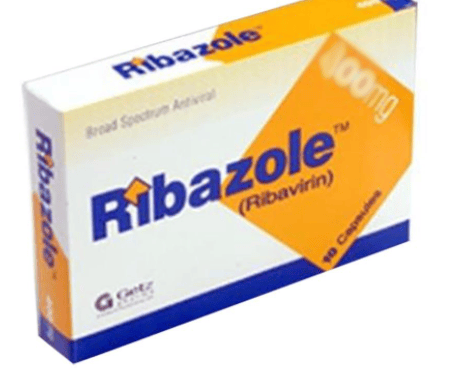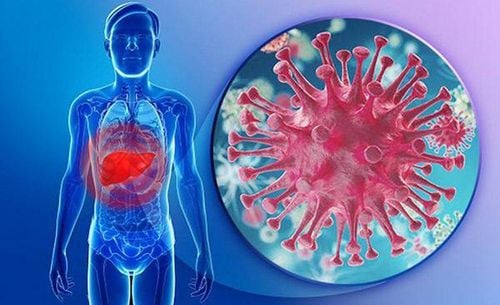This is an automatically translated article.
Hepatitis A is one of the acute infectious diseases. The number of people infected with hepatitis A is increasing day by day. Hepatitis A can greatly affect the quality of life and work of patients.
1. What is Hepatitis A?
Hepatitis A is caused by the Hepatitis A virus, also known as the HAV virus. HAV virus can infect, commonly found in developing countries and countries in tropical climates, including Vietnam. Most cases of hepatitis A can be completely cured. Once cured, the patient will have lifelong immunity to the HAV virus.
2. Symptoms of Hepatitis A
Like some other hepatitis diseases, at first, patients with hepatitis A do not have any symptoms. After the virus enters the body about 2 - 6 weeks, usually about 4 weeks, the patient begins to have symptoms such as:
Jaundice, yellow eyes; Urine is darker in color; Pale colored stools; Body itching; Tired; Anorexia; Nausea, vomiting; Pain all over the body; Mild fever; Lower abdominal pain.

Buồn nôn là triệu chứng của viêm gan A
Specific symptoms of people infected with hepatitis A can vary depending on age, resistance, current health status.
The good news is that hepatitis A is not as dangerous as hepatitis B and hepatitis C. The disease does not lead to other chronic liver diseases. Most cases will be cured in about a month.
3. How is hepatitis A transmitted?
Hepatitis A is an infectious disease. The disease can start anywhere in the world, anywhere where there is no immunity to the hepatitis A virus. The disease is mainly transmitted through food, so areas with unsanitary conditions are very easy to spread to become infected. epidemic.
Hepatitis A virus exists in food, drinking water, soil environment and household items. The faeces and urine of an infected person also contain the virus that causes the disease. Therefore, if the wastewater is not treated, it will create environmental pollution, spreading the virus widely.
Hepatitis A virus transmission routes include:
Hepatitis A virus is transmitted through food; Hepatitis A virus is transmitted through the respiratory tract (very rare); Hepatitis A virus is transmitted through saliva (very rare).
4. Is hepatitis A transmitted from mother to child?
Hepatitis A virus is present in the blood very little, so hepatitis A is not transmitted through blood, nor is it transmitted from mother to child. Hepatitis A is mainly transmitted through food.

Viêm gan A không lây từ mẹ sang con
A healthy person is at risk of hepatitis A infection if:
Eat food containing hepatitis A virus, food prepared by a person with hepatitis A without washing their hands thoroughly; Drinking water from a contaminated source containing the hepatitis A virus; Eating living organisms in contaminated water containing hepatitis A virus that have not been cooked: snails, scallops, mussels...; Frequent contact with people with hepatitis A.
5. How to prevent hepatitis A
Regularly wash your hands with soap and antiseptic solution after going to the toilet, before eating or preparing food; Ensure environmental hygiene; Do not use contaminated water; Carry out cooked food, drink boiling; Peel when eating fruit; Do not share household items with someone who has hepatitis A such as: towels, toothbrushes, drinking cups, buckets, pots, bowls, chopsticks.













